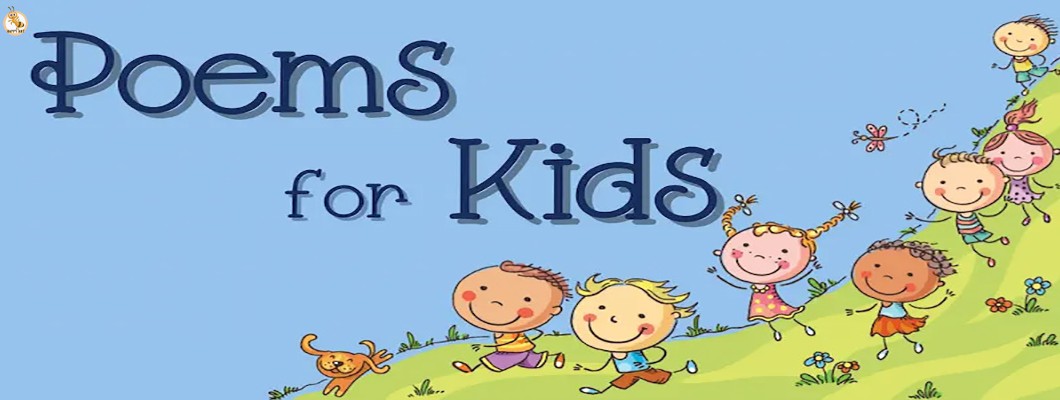
Poetry is an important part of English language learning programs for children. Children enjoy reading poetry and it can have amazing benefits in the classroom and beyond. Poetry is a great tool for learners to use because it not only helps children's listening, speaking, reading and writing skills, but also expands learners' imaginations.
Some of the things your child can learn from reading poetry include:
1. It helps with spelling
Children with a good awareness of
rhyming skills tend to be good readers as well as better spellers. Focusing on
rhyme helps them look at patterns within words and how they are formed. This
helps with better word recognition and spelling.
2. Speech development improves
Playing with sounds and rhyming patterns in words supports the development of the vocal apparatus in the mouth, throat and nose and helps the development of speech and language. Poetry also paves the way for the articulation of phonemes as children begin to work on phonics. We suggest you to read Cartoon's Music article.
3. Reading becomes smoother
Songs and patterns of poems help
children develop fluent reading. This means that poetry is a great vehicle for
engaging more reluctant readers, as well as an important comprehension skill.
Children improve their reading skills with poetry, and reading fluency develops
with repeated reading. When the child hears the poem and reads it aloud, it
becomes fixed in the child's brain. Reading fluency is strengthened by
practicing and reading poems repeatedly.
4. Allows children to express their opinions
A poem is not a puzzle to be solved,
when children talk about it or share their opinions about what they hear or
read, there are no right or wrong answers, which can be trusted by children.
Give more breath to express your opinions. The physical space between lines and
stanzas also provides pauses for children to reflect and express their
interpretations.
5. It inspires creativity
Good poems can help children become writers themselves. They often develop a sense of tone and think carefully about subject matter, language, and grammar as they write their poems.
6. Helps develop interpretation skills
Poetry expands children's interpretative skills and abilities. Therefore, it is an important part of English language learning activities. One of the strengths of the poem is its brevity. So that in a short writing, children can look deeper into the author's intention.
7. It encourages children to learn wide and varied vocabulary
Poetry plays with language, and poets make choices in the way they use words and punctuation to have a final effect on the reader. Reading poetry allows children to learn English more deeply and enthusiastically. Poetry builds vocabulary and children are exposed to words they have never heard before and listen to them in text. Talk to children about new terms and ask them to point out terms they hear for the first time.
8. Helps children understand their feelings
Poetry supports the development of children's emotional literacy. Poems can attract children's attention well and through it, they can manage and reflect their feelings. When children read their poems, they can shape their feelings and convey them to the listener.
Give students time to practice the poem aloud. If you think the learners will enjoy doing this, invite them to read their poems to the group and encourage them to put as much emotion into the reading as possible.
Poetry is one of the important activities
in learning English. Especially, it helps children to understand concepts well
and strengthens reading skills. Poems help stabilize words and phrases in
children's minds as much as possible. It is also better to choose poems that
children will enjoy and that are suitable for their age and level.
References
reasons-poetry-great-kids






Leave a Comment